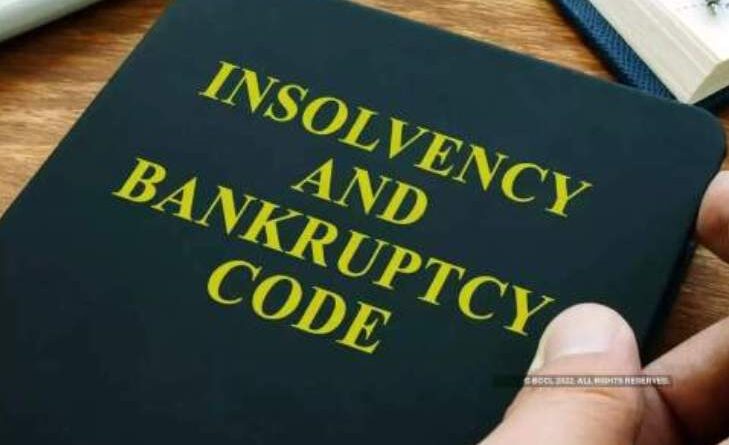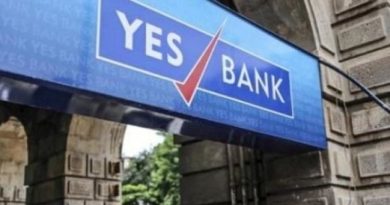Customs department can’t sell assets of companies in bankruptcy to recover dues: SC
In an important ruling, the Supreme Court said that once proceedings under the Insolvency and Bankruptcy Code (IBC) are initiated against an importer or exporter company, the customs department authorities cannot sell-off goods of that company for realisation of dues.
A bench of Chief Justice N V Ramana and Justices J K Maheshwari and Hima Kohli quashed an NCLAT order allowing the customs authorities to dispose of goods in their warehouse belonging to a company, ABG Shipyard, to realise dues relating to customs duty on imported items.
Writing the judgment, the CJI said, “The IBC would prevail over the Customs Act, to the extent that once moratorium is imposed in terms of Sections 14 or 33(5) of the IBC, as the case may be, the respondent authority only has a limited jurisdiction to assess/determine the quantum of customs duty and other levies. The Customs Authority does not have power to initiate recovery of dues by means of sale/confiscation, as provided under the Customs Act.”
Allowing the appeal filed by the liquidator of ABG Shipyard against the NCLAT judgment, the bench said, “The respondent authority does not have the power to initiate recovery of dues by means of sale/confiscation, as provided under the Customs Act.”
It said the customs authorities could assess the value of the goods and the customs duty thereon and “submit its claims (concerning customs dues/operational debt) in terms of the procedure laid down, in strict compliance of the time periods prescribed under the IBC, before the adjudicating authority. In any case, the IRP/RP/liquidator can immediately secure goods from the Customs authority to be dealt with appropriately, in terms of the IBC. Resultantly, we allow the appeal and set aside the impugned order and judgment of the NCLAT.”




